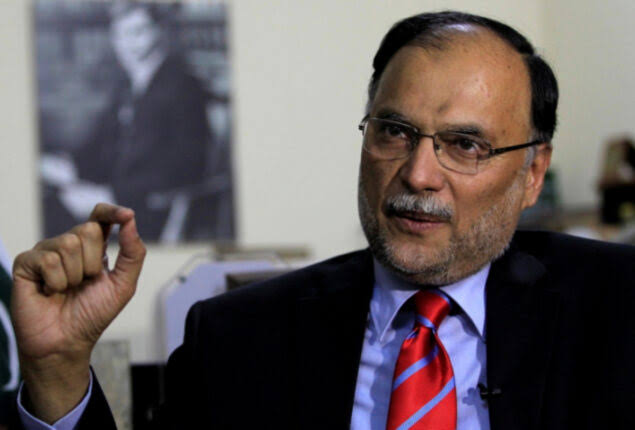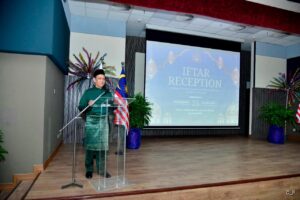Pakistan Outlook 2035 launched

Islamabad, The Gulf Observer: Planning Commission has initiated a comprehensive study on the future development scenario building for Pakistan titled “Pakistan Outlook 2035”.
The initiative, which will assess long-term challenges in the light of prevailing economic crisis and changing global dynamics in key sectors of the economy and identify policy choices for the policy makers for rapid socioeconomic development of the country, said a press release.
Chairing the meeting of Planning Commission Minister Planning and Development, Professor Ahsan Iqbal said that the study would be launched at the start of 2023, and that it would act as a prelude to developing Pakistan’s Vision 2035 and Vision 2047.
He emphasized that Pakistan’s economy required fundamental structural changes and development of new export led growth paradigm.
This could only be achieved by following a consistent policy framework for at least a decade.
Underscoring the significance of Pakistan Outlook 2025, he said, “Since day one our topmost priority has been to bring about an economic turnaround and stabilisation in the country and resume the journey to national progress. Pakistan Outlook 2035 will help us understand where we are at present and where are we headed if we do business as usual a decade and a half later.”
The minister directed to establish a Steering Committee for supervising the initiative, comprising of country’s top economists, private sector and research institutions in the country.
The Chief Economist will coordinate the effort. The future needs assessment and target setting in Pakistan Outlook 2035 will be done on the basis of seven pillars of the previous vision, which include: developing human and social capital; achieving sustained, indigenous and inclusive growth, democratic governance, institutional reform and modernization of the public sector; energy, water and food security; private sector and entrepreneurship-led growth; developing a competitive knowledge economy through value addition; and modernizing transportation infrastructure and greater regional connectivity.
In each case, the needs assessment and target setting will be done on the basis of two scenarios including business-as-usual scenario and the aspirational/transformational scenario. In order to incrementally achieve tangible progress in key spheres of socioeconomic development, the study will assess the evolving needs and specify requisite interventions in each sphere on immediate, mid-term and long-term basis. It will also take into consideration the enabling and constraining factors in the process.
“In health and education, for instance, we will have to assess ahead of time what new facilities and staff we need in the light of expanding population and resource crunch. It is only on the basis of such assessment that we can optimally utilise existing human and material resources and mobilize new ones,” said Dr Nadeem Javed, the Chief Economist.
Pakistan Outlook 2035 strategic document will be aligned with the 17 Sustainable Development Goals of the United Nations, ranging from poverty alleviation to climate change, on which the Government is committed to realise credible progress by 2030.


